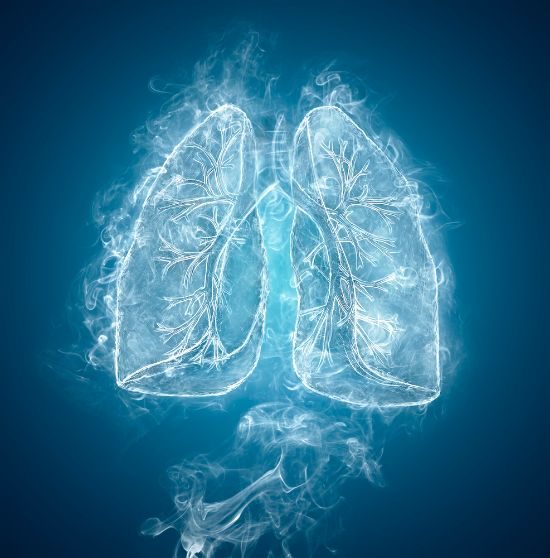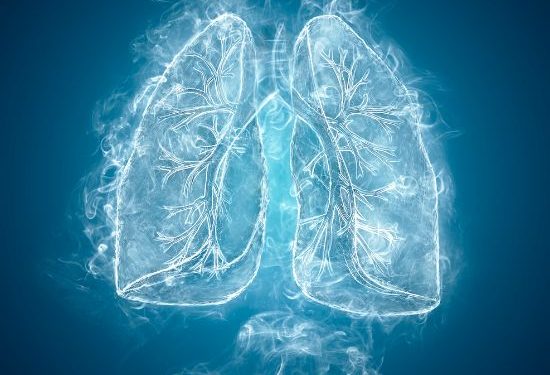Breathing problems are one of the most common signs that cancer has spread. These breathing problems may be caused by the cancer itself or they can be a side effect of chemotherapy and other treatment. They can be mild and bothersome or they can become severe and debilitating.
Almost three-quarters of people with advanced lung cancer have some difficulty breathing. This is called dyspnea. It can range from a feeling of not being able to catch your breath or noisy breathing to a sensation that you are suffocating. Dyspnea can be caused by a build-up of fluid between the linings of your lung (pleural effusion), tumors that cause pressure on your lungs or the airways, cancer cells that have taken over parts of your lungs and muscle weakness causing you to use more energy to breathe.
If you have stage 4 lung cancer, there are things that can be done to help ease your breathlessness. Your doctor can talk to you about the symptoms and causes of your breathlessness and recommend ways to manage it.
Infections like pneumonia can make you feel very short of breath. To reduce your risk of infection, wash your hands often, stay up-to-date with your flu and pneumonia vaccinations and avoid crowds and places where infections are common.
Some types of chemotherapy, immunotherapy and targeted drugs can change the way your lung tissue works. This can cause your body to work harder to breathe and may be long-lasting. You might be referred to a specialist respiratory care team, including physiotherapists, dietitians and psychologists to help with your breathlessness.

Keeping active and eating a healthy diet can improve your ability to breathe. You might also find that it helps to keep a diary of your breathlessness and track what makes you feel worse. This can help you and your carers plan for situations when you might be breathless. It can also help you identify patterns in your breathlessness so that you can avoid situations where you might be breathless or do something to prepare for it, such as getting a drink before going up the stairs.
Breathing exercises can help reduce shortness of breath. Try inhaling slowly through your nose for a count of two and exhaling slowly for a count of four. It can also help to pace your activities and rest between them. You can also ask your doctor to arrange for you to have portable oxygen if necessary.
It’s important to tell your doctor if you’re having breathlessness, even if it’s mild and comes on gradually. This means they can check whether it’s being caused by the cancer itself or by other factors, such as the effects of your chemotherapy or radiation therapy. They might suggest treatments that can be used to treat the underlying cause of your breathlessness or give you medicines to relieve the symptom. If the symptom is severe and gets worse quickly, go to your nearest A&E immediately.










